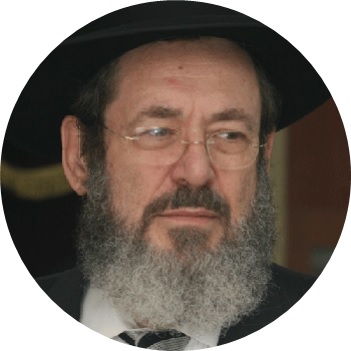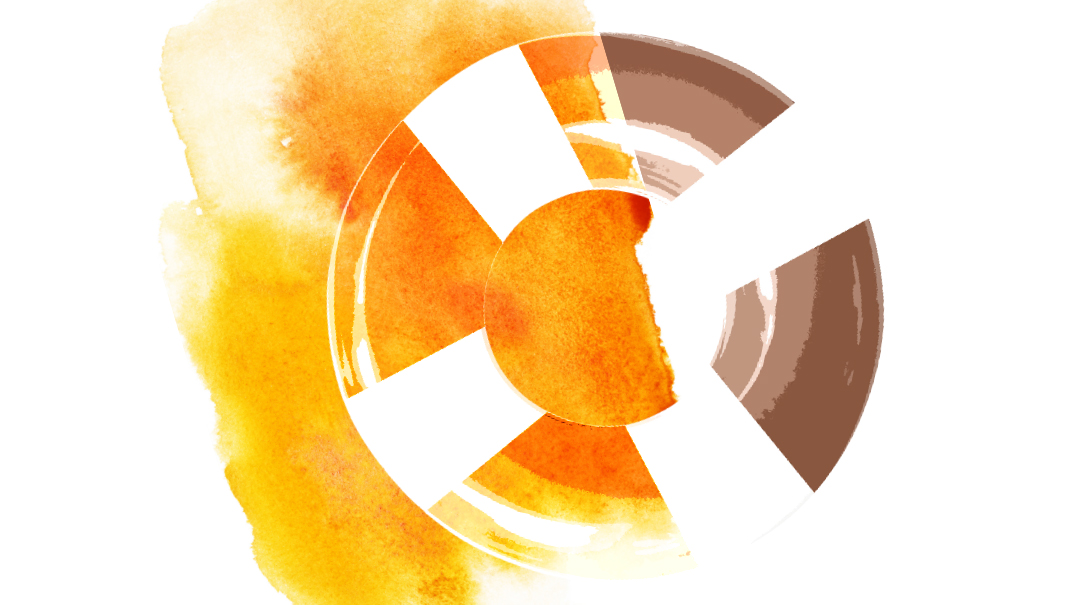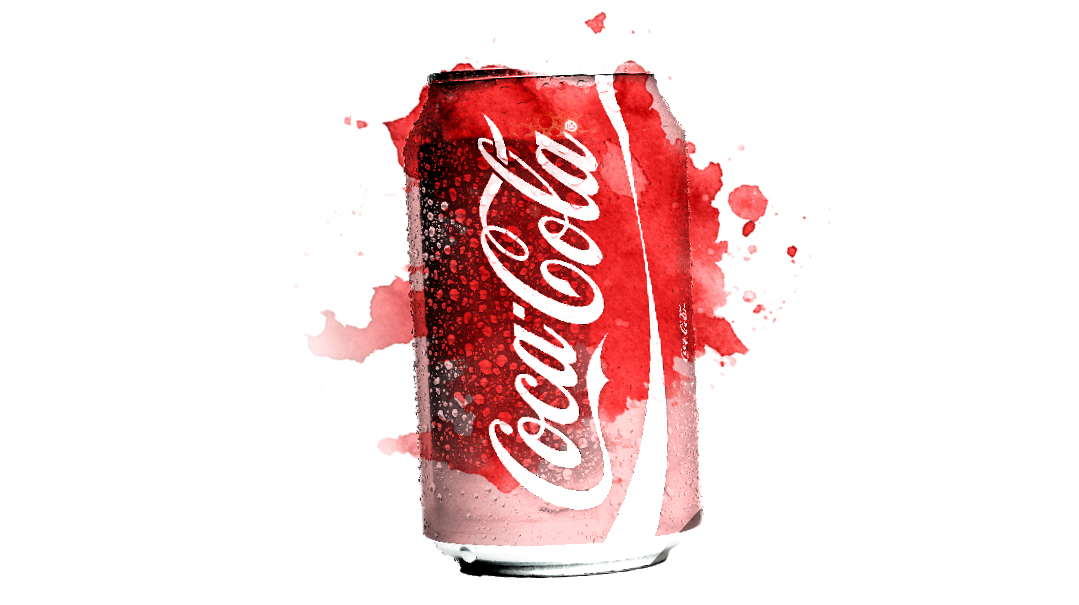The Place for a Good Jewish Boy

I don’t think I would have been successful at the camp if I had not had the Wrigley Park experience

About 65 years ago, I was a 16-year-old yeshivah high school student, living with little guidance or supervision in a Chicago yeshivah dormitory. My parents were immigrants and parnassah was always a struggle. They couldn’t give me a regular allowance, and I needed to find a way to earn money for my personal needs.
I tried working for a corner newspaper vendor, selling the expanded (and heavy) Sunday paper for the pay of 50 cents an hour. But Chicago is not called the Windy City for nothing — the strong northern winter winds coming off the lake penetrate your innermost being. Pretty soon I realized that I needed to find a new source of income.
I heard that you could apply to sell soda, nuts, and refreshments from the food concession to the fans at Wrigley Field, the home stadium of the Chicago Cubs, on a commission basis. But there were problems: They only allowed union members to work for them, and even if you could get an exception, they only hired workers over the age of 21. I barely knew what a union was, and I was only 16 — but I was over six feet tall. I persevered and got the job.
All new workers were given “pop” (soda, in our vernacular) in heavy glass bottles which were encased in heavier wooden crates. These were slung over the shoulders on a strap, to be carried up and down the ballpark. Not an easy task. I put on a baseball cap and somehow persevered. I was not a sports fan; my only interest in the game was hoping for a doubleheader so that I would have more time to go up and down the aisles shouting, “Are you thirsty? Get your pop here!”
The next year I transferred to Yeshivah Heichal HaTorah in New York, and the following summer, at the age of 18, I got a job as a counselor in their kiruv camp. The campers were public school teenagers who were literally taken off the streets. The hope was that by the end of the summer, they would be enrolled in a yeshivah. I had never attended any sort of camp — not a day camp nor a sleepaway camp, much less a kiruv camp. But the Wrigley Park experience had taught me that I could do anything.
I would need that determination on plenty of occasions throughout the summer.
On the first day, we arrived at the camp late in the afternoon with two buses of teenage public school kids. It was time for Minchah, but the campers barely knew how to read Hebrew. A debate ensued among the counselors as to whether we should daven Minchah alone while the campers unpacked, or have them daven with us. We elected to daven with them even though they did not know how to read from a siddur.
On the way to the camp, we had picked up a few more campers at the last minute. That meant we were short of beds. Some of the counselors and the two roshei yeshivah, brothers Rabbi Yaakov London and Rabbi Yechiel London, gave up their beds and slept on the shul benches until new beds could be purchased.
One Friday night we had a big problem. Reb Seruya London a”h, the rosh yeshivah’s father, collapsed and was niftar in the lobby of the main building after the campers went to bed. It was Shabbos and we could not move him, but we could not leave the niftar there where the campers would encounter him. We decided to walk over to a neighboring bungalow colony where the venerable Rav Avraham Yafen ztz”l, rosh yeshivah of Novardok, was staying. It was well past midnight, and we had to wake him up to ask our sh’eilah. He accepted us into his bungalow graciously, offered us refreshments, and took out a Shulchan Aruch to find an answer. He told us to put challah on the niftar (to make it halachically permissable to move the body) and have non-Jews move him to a closed room, all with great kavod hameis.
Wrigley Field was not really the place for a good Jewish boy. But I don’t think I would have been successful at the camp if I had not had the Wrigley Park experience. It taught me that one does not give up if one faces numerous challenges, and can even undertake a job in a field that may be foreign to him, if he understands his capabilities. My summer jobs taught me that Hashem does not give us a nisayon that we cannot achieve.
Rabbi Shneur Aisenstark is the dean of Beth Jacob Seminary in Montreal, Canada.
(Originally featured in Mishpacha, Issue 868)
Oops! We could not locate your form.






